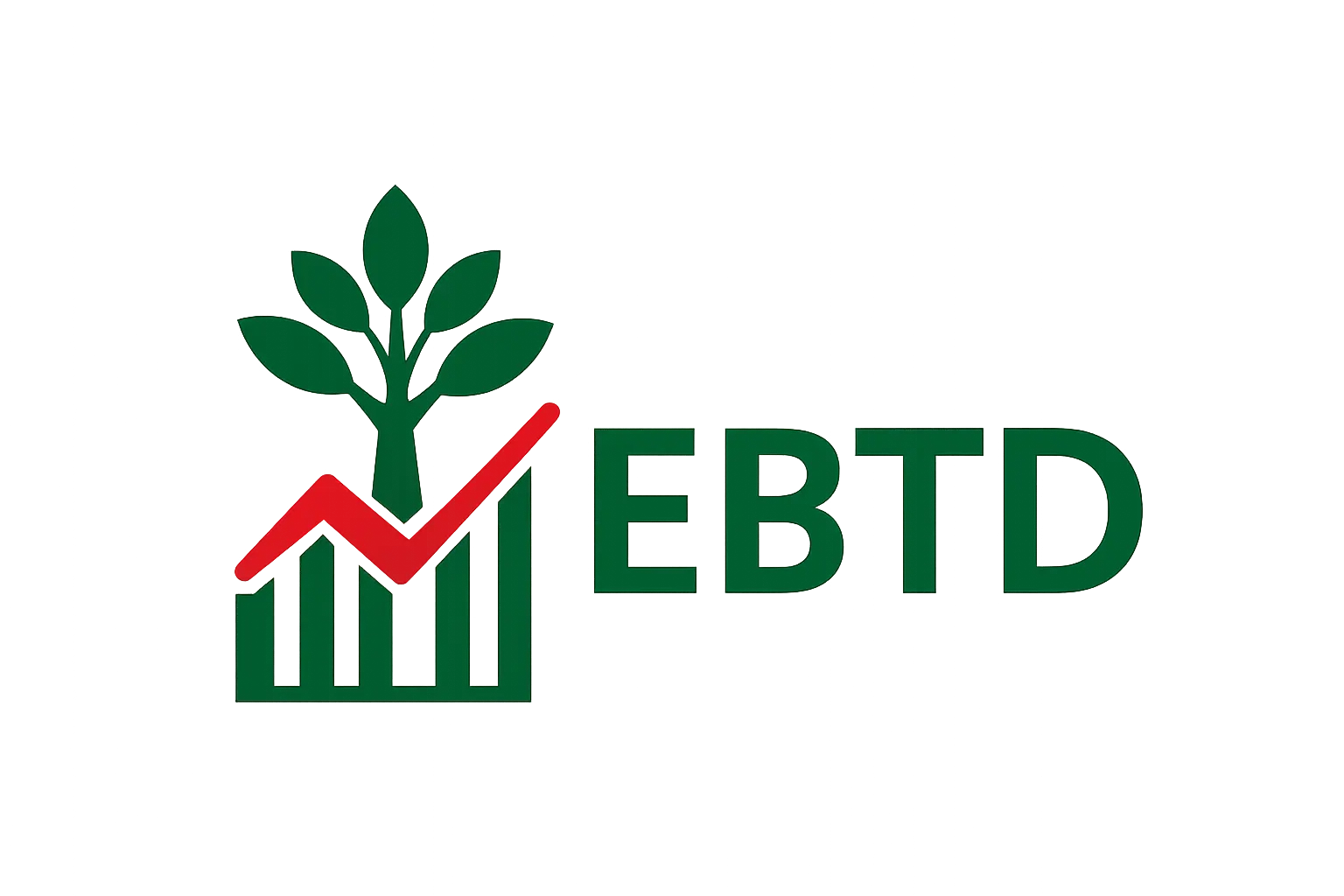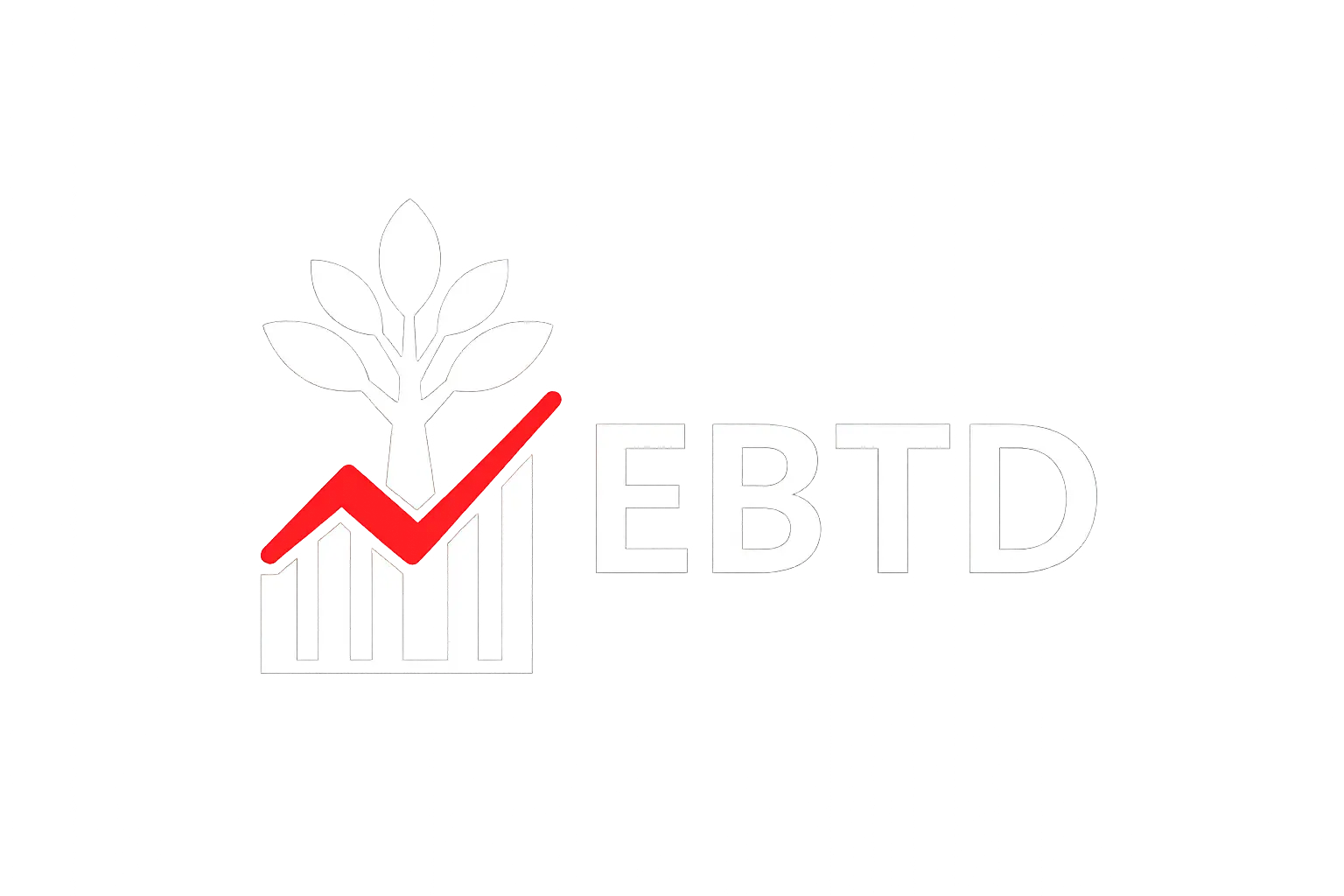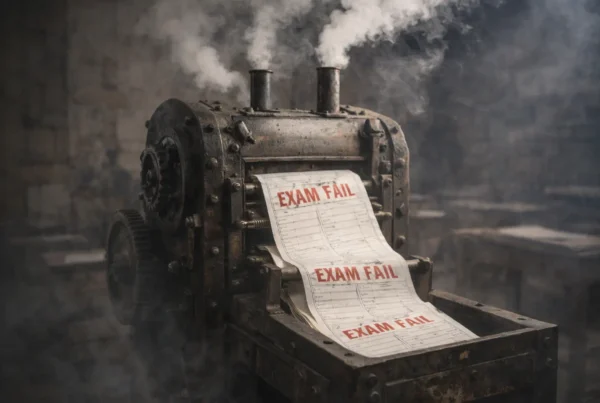Free Assessment MOOCs for Bangladeshi Teachers: Learn, Apply, and Grow
How confident do you feel when checking if your students really understand the lesson? Do your tests and questions always tell you what you need to know? These are the kinds of questions that assessment literacy helps us answer. And the best news? You don’t need to pay for expensive training—there are free online courses (MOOCs) available that you can start today.
We’ve grouped some of the best courses into three levels, from beginner to advanced, so you can choose what fits you best. For each one, you’ll see what it covers, how to use it in your classroom, and how it can help you in your career.
🌱 Stage 1: Getting Started with Assessment
1. Assessment in Secondary Science (OpenLearn – Open University)
-
What it covers: Basics of assessment for learning (AfL) vs assessment of learning (AoL), and how to build small checks into lessons.
-
How to use it: Try an exit ticket at the end of your next lesson—ask students one simple question that shows what they’ve understood. Collect, review, and use it to plan the next class.
-
Career value: Shows you understand classroom assessment, a key skill for subject teachers.
2. Trinity College London – Assessment Literacy Video Series
-
What it covers: Short videos on different types of assessment, designing tasks, and giving feedback.
-
How to use it: After watching one video, pick one strategy and test it with your students the same week. For example, instead of giving marks, give short feedback comments and ask students to improve their work.
-
Career value: Easy “quick wins” you can add to your teaching portfolio.
🌿 Stage 2: Building Stronger Skills
3. Assessment for Learning in STEM Teaching (FutureLearn)
-
What it covers: Led by Dylan Wiliam and Christine Harrison, this course focuses on hinge-point questions—those clever, quick questions that reveal if students have really got it.
-
How to use it: Next time you teach a key idea (for example, fractions or Newton’s laws), prepare a multiple-choice question with one correct answer and three common mistakes. Use it in class, and instantly see who’s ready to move on and who needs more help.
-
Career value: Evidence of using international best practice—great for applying for subject coordinator roles.
4. Exploring Innovative Assessment Methods (OpenLearn)
-
What it covers: How to design more creative assessments and make them reliable.
-
How to use it: Instead of a test, ask students to do a mini-project (like writing a letter, designing a poster, or recording a short explanation). Create a simple rubric with 3–4 points (e.g. accuracy, clarity, effort) and mark against that.
-
Career value: Shows leadership in trying new methods—helpful for school improvement projects.
5. The Magic of Feedback (Politecnico di Milano – POK)
-
What it covers: How feedback, not grades, helps students grow.
-
How to use it: Try “two stars and a wish” feedback: write two positive points and one suggestion for improvement. Give students time to actually use the feedback to edit their work.
-
Career value: Strong feedback practice is highly valued in mentoring and leadership positions.
🌳 Stage 3: Advanced Practice and Leadership
6. Assessment for Learning (University of Illinois – Coursera)
-
What it covers: Big ideas in testing—adaptive testing, learning analytics, and data privacy.
-
How to use it: Even without fancy software, you can start small: use a Google Form quiz and review the data to spot patterns (e.g. which questions most students got wrong).
-
Career value: Shows you can handle assessment data—essential for senior roles and research projects.
7. Performance Assessment in the NGSS Classroom (Stanford – edX)
-
What it covers: Designing performance tasks where students show their learning in real, applied ways.
-
How to use it: Instead of only asking science students to recall facts, give them a task like designing an experiment and explaining their process. For literature, ask them to compare two poems and present their argument. Mark using a rubric.
-
Career value: Builds expertise in authentic assessment—useful for curriculum design and quality assurance roles.
8. Assessment in Higher Education (Erasmus University – Coursera)
-
What it covers: How to align course outcomes with assessments, use rubrics, and evaluate the quality of assessments.
-
How to use it: Perfect for college or university lecturers—create a course-level “assessment matrix” showing which assignment checks which outcome.
-
Career value: Evidence of advanced assessment literacy—valuable for academic promotions and leadership roles.
💡 Making the Most of MOOCs
Now, let’s be honest. MOOCs are amazing—but they’re not perfect.
-
Sometimes the English is complex.
-
Certificates usually cost money.
-
And of course, internet access isn’t always reliable.
But don’t let that stop you. Here’s how you can make them work for you:
-
Study in small chunks: Watch 10 minutes, pause, and try it in class the same week.
-
Keep a CPD journal: Write down “What I learned” and “How I tried it”. This is proof of your professional growth.
-
Work with a buddy: Pair with another teacher—share questions and compare results.
-
No certificate? No problem: What schools really value is the evidence you bring—your hinge questions, rubrics, student feedback, and reflections.
🌍 EBTD: Bringing the Best of Global Education to Bangladesh
At EBTD, we are building a repository of the best free courses, tools, and strategies from around the world. Why? Because we believe teachers in Bangladesh should have the same access to high-quality professional development as teachers anywhere else. Our aim is to help you find practical ideas you can use tomorrow in your classroom—without wasting hours searching online.
So, what will you try first? A hinge question? A rubric? Or maybe just a “two stars and a wish”? Start small, try it, and watch how it transforms your teaching.
📌 Course Links
Here are the direct links to the free MOOCs mentioned:





